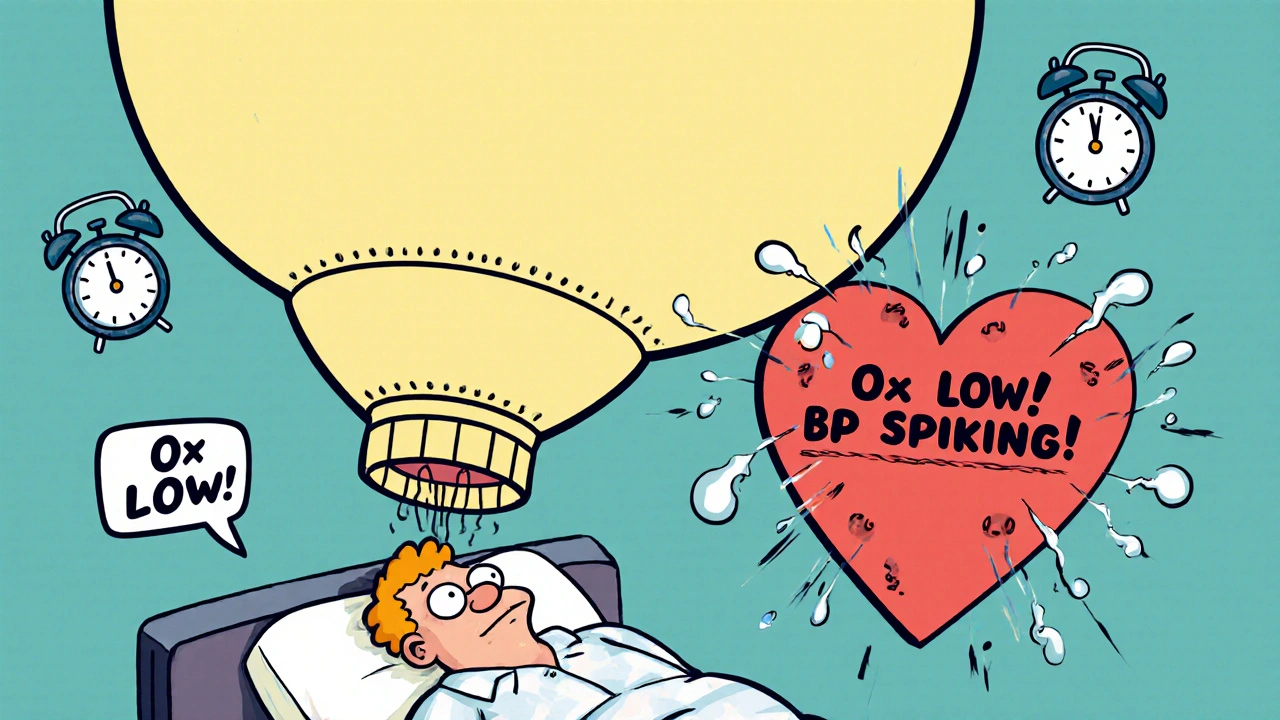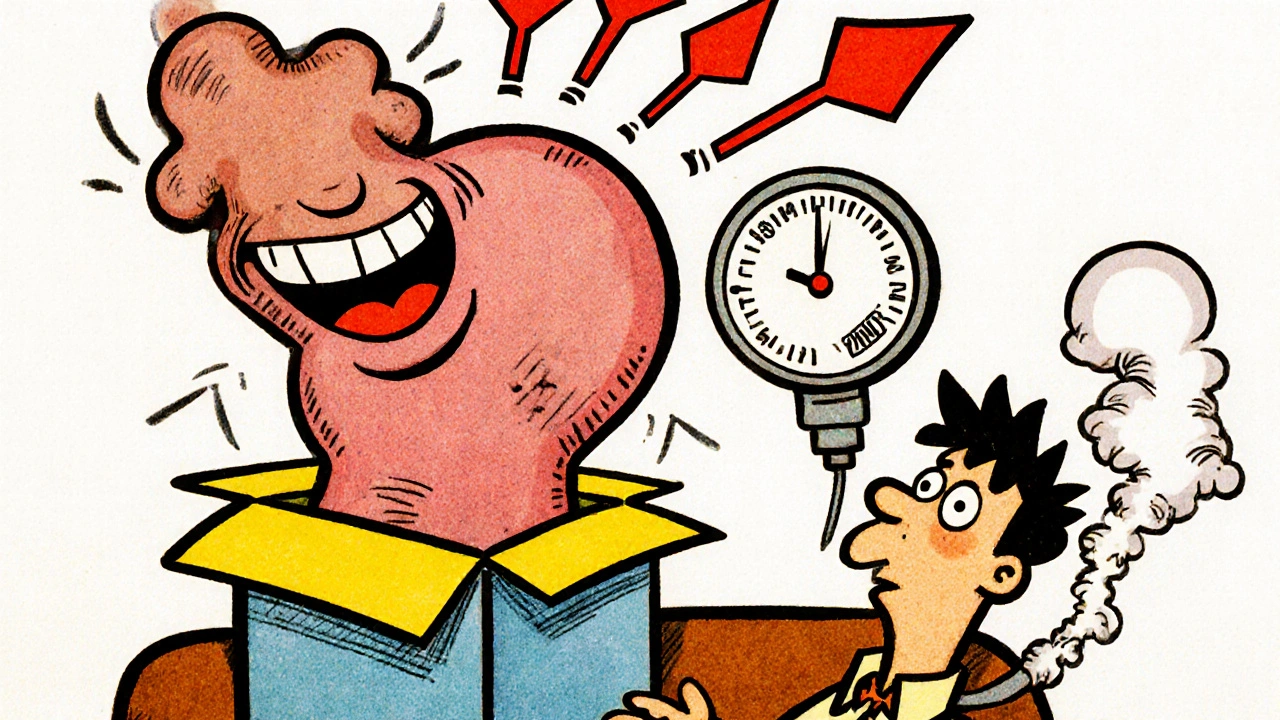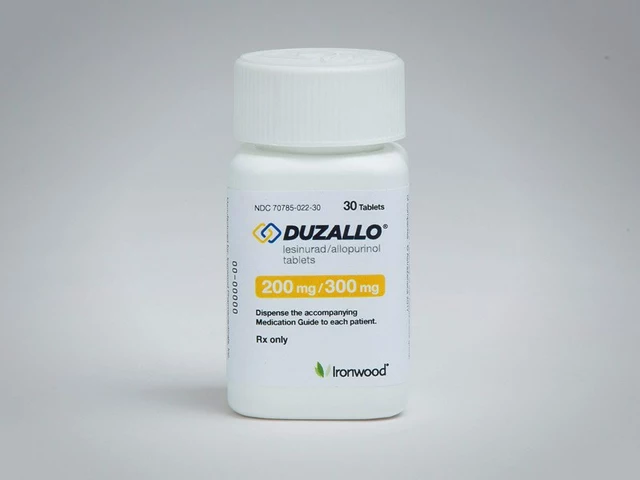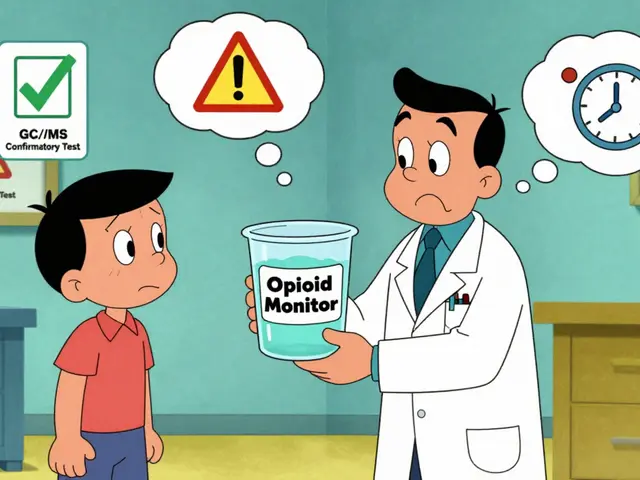High Blood Pressure: Causes, Risks, and What You Can Do
When you hear high blood pressure, a condition where the force of blood against artery walls is consistently too high. Also known as hypertension, it affects nearly half of U.S. adults and often shows no warning signs until serious damage is done. It’s not just a number on a machine—it’s a signal your heart and arteries are under constant stress, and ignoring it raises your risk for heart attack, stroke, and kidney failure.
Cholesterol, a waxy substance in your blood that builds up in arteries plays a big role. High levels of LDL—"bad" cholesterol—narrow your blood vessels, forcing your heart to pump harder. That’s why drugs like ezetimibe, a cholesterol-lowering medication that blocks absorption in the gut are often used alongside lifestyle changes. But cholesterol isn’t the whole story. Diuretics, medications that help your body get rid of extra salt and water are another common tool. They reduce fluid volume in your bloodstream, which directly lowers pressure. Yet using them in hot weather? That’s risky. Diuretics can make you more prone to dehydration and heat illness, especially if you’re active outdoors.
High blood pressure doesn’t happen in isolation. It’s tied to weight gain, lack of movement, stress, and even some medications. Antipsychotics, for example, can trigger metabolic changes that include elevated blood pressure. And while some side effects fade over time, others like stiff arteries or kidney strain stick around. The good news? Small, consistent actions matter. Walking daily, cutting back on salt, and checking your numbers regularly can shift the trajectory. You don’t need a miracle cure—just reliable info and steady habits.
Below, you’ll find real-world guides on how medications like ezetimibe work with exercise, what diuretics mean for your summer safety, and how other treatments fit into the bigger picture of heart health. No fluff. Just what you need to understand your options and take control.





